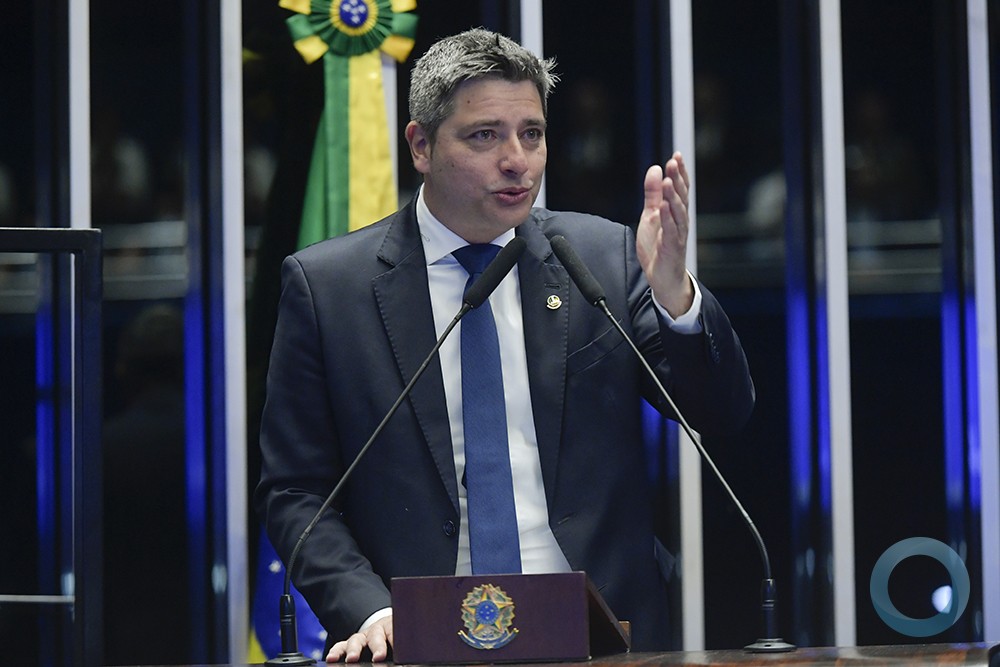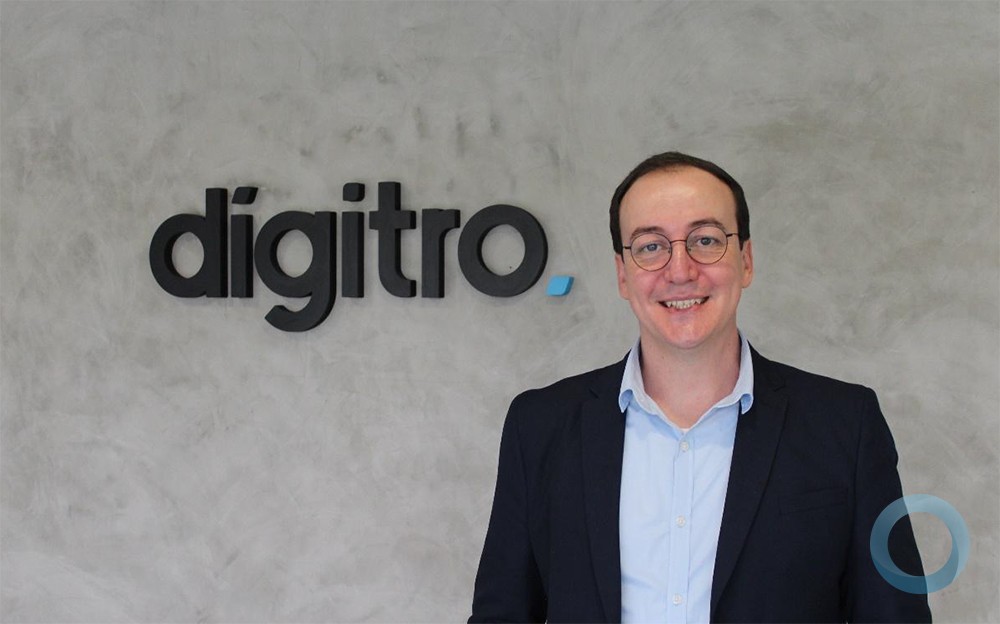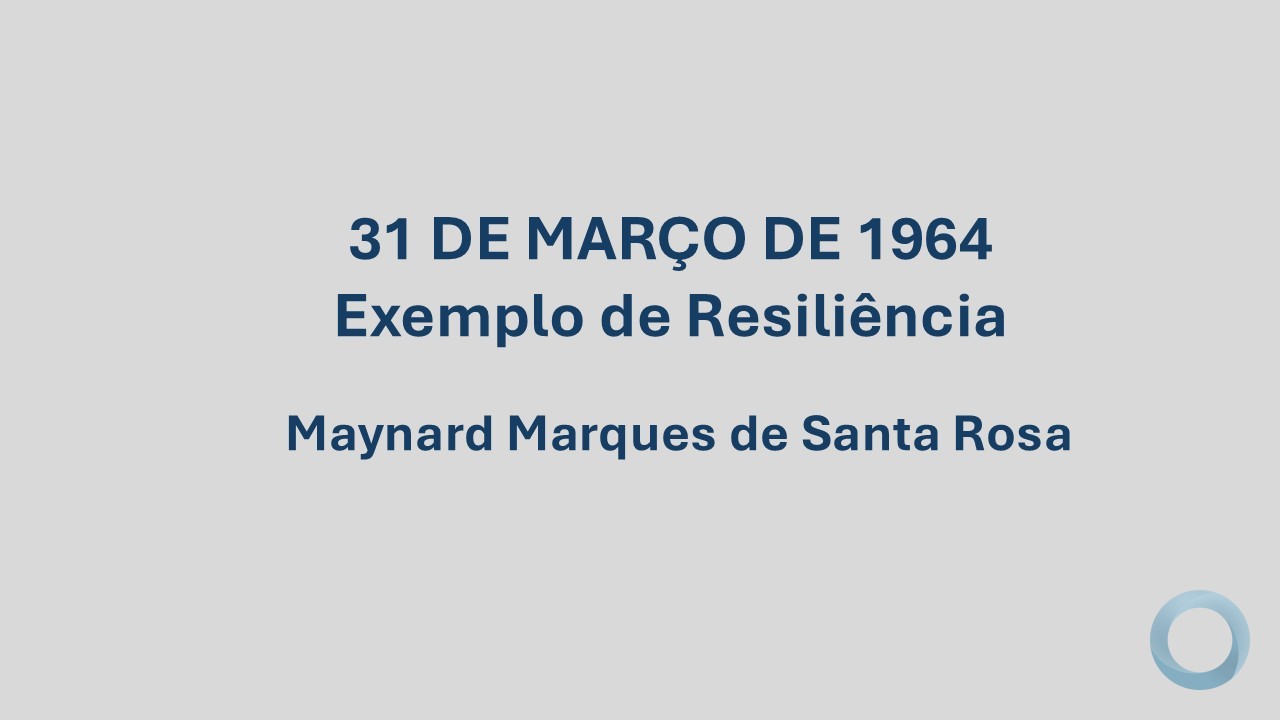Remarks by President Trump in Meeting with the National Governors Association
State Dining Room
White House 27 February 2017
THE PRESIDENT: Thank you very much. (Applause.) That is pretty good, I'll tell you. Coming from governors, I can't really — I can't even believe it. That's so impressive. And I very much appreciate you being here. And thank you to Vice President Pence. He has been so wonderful to work with. He's a real talent, a real guy. And he is central casting, do we agree? Central casting. He's been great. (Applause.)
Good morning, everybody, and welcome back to the White House. The First Lady and I were very, very happy last night to host you. We saw some real talent, military talent, musicians who were fantastic. And everybody enjoyed it. (Applause.)
I’m very proud to have so many former governors in my Cabinet. Vice President Pence, as you know, big governor from a very great state — I state I like very much — Indiana. Nikki Haley at the U.N. — is Nikki here someplace? I think so — yes. We have Rick Perry — is going before. We're trying to get people approved, we can't get them out. But Rick is going to do a fantastic job. Sonny Purdue will be joining the Cabinet very soon. Terry Branstad will be our ambassador to China. And an interesting story on Terry — every time I spoke in Iowa, he'd say, please don’t say anything bad about China. (Laughter.) I said, what do you mean? What do you mean? He said, I like China and we do a lot of business with China. "And really, just don’t" — and I said, "hmm." So when it came down to picking an ambassador, I called him up, I said, you like China. And I can tell you, China is very, very happy with our choice. So we made everybody happy. (Applause.) Right? These governors — thank you. And thank you, Terry.
These governors have been bold reformers, and their success shows why we need to make states the laboratories of democracy once again. Many of you have shared past frustrations with waiting for permission from the federal government and agencies — and I understand that, and I've had many people tell me about it, and it's been catastrophic for some of your states. You know your citizens and you know they want things done. But they don’t get things done and it's not your fault. Sometimes it's your fault, but they understand that. But sometimes it's not your fault. We're going to speed it up.
Because that's not how a partnership is supposed to work. The government should not stand in your way in delivering needed reforms and services — and it won't. We're going to move very, very quickly, environmentally, with Scott and so many others that are involved in the process of regulation. We are going to be cutting — we're going to be doing the right thing. We're going to be protecting people environmentally and safety-wise, but we're going to be moving it quickly, very quickly. (Applause.)
And speaking of that, I know many of you — and I've spoken to some of you last night about it — have many projects that are — I mean, just literally tied up because of environmental concerns, and it's been in for years and years and years the project your state wants, great for employment — everybody wants them — and they couldn’t get them out of environmental protection. And we will get them out. Now, that doesn’t mean they’re going to be approved, but they'll be rejected quickly one way or the other. They'll be either rejected quickly or they're going to get approved. I would say most will be approved, but you're going to know you're not going to wait nine years or eleven years — some of the horror stories that I've heard.
Under my administration, we're going to have a true partnership of collaboration and cooperation. We will get to the answers and we will get them quickly, and the flexibility you need to implement the reforms that you are going to have in order to make decision-making proper and decision-making fast. So we're going to do both those things — proper and fast.
One of the most important responsibilities for the federal government is the budget of the United States. My first budget will be submitted to the Congress next month. This budget will be a public safety and national security budget, very much based on those two with plenty of other things, but very strong. And it will include a historic increase in defense spending to rebuild the depleted military of the United States of America at a time we most need it. (Applause.)
And you'll be hearing about that tomorrow night in great detail. This is a landmark event, a message to the world, in these dangerous times, of American strength, security and resolve. We must ensure that our courageous servicemen and women have the tools they need to deter war, and when called upon to fight in our name only do one thing: Win. We have to win. We have to start winning wars again.
I have to say, when I was young, in high school and college, everybody used to say "we haven’t lost a war" — we never lost a war — you remember. Some of you were right there with me, and you remember we never lost a war. America never lost. And now we never win a war. We never win. And we don’t fight to win. We don’t fight to win. So we either got to win, or don’t fight it at all. But where we are — 17 years — almost 17 years of fighting in the Middle East. I saw a chart the other day — as of about a month ago, $6 trillion we've spent in the Middle East — $6 trillion. And I want to tell you, that's just unacceptable. And we're nowhere. Actually, if you think about it, we're less than nowhere. The Middle East is far worse than it was 16, 17 years ago. There's not even a contest. So we've spent $6 trillion. We have a hornet's nest. It's a mess like you've never seen before. We're nowhere. So we're going to straighten it out.
This defense spending increase will be offset and paid for by finding greater savings and efficiencies across the federal government. We’re going to do more with less. I got involved in an airplane contract, I got involved in some other contracts, and we cut the hell out of the prices. I mean, we saved a lot of money, tremendous amount of money, beyond anything that the generals that were involved — they said they’d never seen anything like this before.
On one plane, on a small order of one plane, I saved $725 million. And I would say I devoted about, if I added it up, all those calls, probably about an hour. So I think that might be my highest and best use. (Laughter.) Because if we can do that, our budget will be — might be my highest and best. (Applause.)
And there are many other places; it’s all the same. And in one way, that's a good thing because we have an answer. And David is going to do a fantastic job at the VA. I see David is sitting there, shaking his head. Stand up, David. (Applause.) So we can't get our people through Cabinet, but he went through — was it 95 to nothing?
SECRETARY SHULKIN: A hundred to zero.
THE PRESIDENT: How the hell did you do that? (Laughter.) Boy, oh boy. He must be good. You were the one. One hundred to zero, wow. Chose you — hey, we can do it. But we do — we have still quite a few Cabinet members, and they're just in limbo waiting and waiting. It’s like obstruction. It’s obstruction. But eventually we'll get them, and they'll put their people in, and we’ll get those agencies, et cetera, to work.
We’re going to do more with less and make the government lean and accountable to the people. We can do so much more with the money we spend. With $20 trillion in debt — can you imagine that — the government must learn to tighten its belt, something families all across the country have had to learn to do, unfortunately. But they've had to learn to do it, and they’ve done it well.
My budget increases spending, and the increase in all spending, for federal law enforcement also. And activities having to do with law enforcement will be substantially increased. And we will fight violent crime. If you look at what’s happening in our cities, you look at what’s happening in Chicago, what’s going on in Chicago — we will fight violent crime, and we will win. And we’ll win that one fairly quickly. Once we give the local police, the local law enforcement the right to go in and fight it, and we back them monetarily and also otherwise, we’re going to win that one. We're going to win it fairly quickly, I believe.
My budget also puts America first by keeping tax dollars in America to help veterans and first responders. So important. This budget follows through on my promise to focus on keeping Americans safe, keeping out terrorists, keeping out criminals, and putting violent offenders behind bars, or removing them from our country altogether. And I must say that we’ve been treated very well — very, very well — on the job that General Kelly has done at the border. It’s tough, it’s strong.
I was talking last night to Terry McAuliffe, and he said, you have to mention this — because he met with — where is Terry? He’s around here someplace. Terry — he met with General Kelly, and I think I can say you were impressed with General Kelly. And he said, you have to get the point out that they’re removing the bad ones. And that’s where our focus is — it’s the bad ones. We’re getting some very, very bad players out of this country — drug lords, gang members, heads of gangs, killers, murderers — we’re getting them out. That’s what we’re focused on.
The press isn’t covering that, unfortunately, but it’s something that is very important. We’re getting the bad ones out. And that’s always where I said I was going to start. I was going to start with these bad players. And they are bad. They are rough and tough, and we’re getting them the hell out of our country, and we’re bringing them to where they started out. Let their country do what they have to do with them.
So the budget, which is going to be a very big part of tomorrow night’s speech, it’s going to be I think a budget of great rationality. But it’s going to have to do with military, safety, economic development, and things such as that. Great detail tomorrow night.
We’re also going to do whatever we can to restore the authority of the states when that is the appropriate thing to do. We’re going to give you back a lot of the powers that have been taken away from states and great people and great governors. And you can control it better than the federal government because you’re right on top of it. You have something that’s controllable. So I think that’s going to be very important. You see that already taking effect.
We have to let the states compete and to see who has the best solutions. They know the best how to spend their dollars and how to take care of the people within each state. And the states are different, and people are different. So the governors are going to have a lot more decision-making ability than they have right now.
All states will benefit from our economic agenda. We will reduce taxes very, very substantially, and simplify the tax code. We’re also going to make taxes between countries much more fair. We’re one of the only countries in the world that people can sell their product into us and have no tax, no nothing, and they get rich. And yet if you want to do business with them, you’ll have taxes, I’ve seen, as high as 100 percent. So they sell into us, no problem; we sell into them — because we don’t sell them because the tax is so high that they don’t want us to sell into them.
So I know that’s always been a point of contention, but to me it’s just fair. It’s just fair. It’s reciprocal. It’s fair. And so we’re going to be doing a lot of work on that, and that’s becoming a very, very important factor — fairness. Because I believe in free trade. I want so much trade — somebody said, oh, maybe he’s a total nationalist — which I am, in a true sense — but I want trade. I want great trade between countries.
But the word “free” is very deceiving, because it’s good for them, it’s not good for us. I want fair trade. And if we’re going to be taxed, they should be taxed at the same amount, the other countries. And one of two things is going to happen: We’re going to make a lot of money or the other country is going to get rid of its tax. And that’s good, too, because now the product, like Harley-Davidson — I was talking to them — the product will now flow into other countries where right now they can’t do it.
So we’re going to make it easier for states to invest in infrastructure, and I'm going to have a big statement tomorrow night on infrastructure. We spent $6 trillion in the Middle East, and we have potholes all over our highways and our roads. I have a friend who is in the trucking business. He said, my trucks are destroyed going from New York to Los Angeles. They’re destroyed. He said, I’m not going to get the good trucks. He always prided himself on buying the best equipment. He said, the roads are so bad that, by the time we make the journey from New York to Los Angeles or back, he said the equipment is just beat to hell. I said, when has it been like that before? He said, it’s never — he’s been in the business for 40 years — he said it’s never been like that. Forty years — never been like that. So we’re going to take care of that.
Infrastructure — we’re going to start spending on infrastructure big. And it's not like we have a choice. It’s not like, oh, gee, let’s hold it off. Our highways, our bridges are unsafe. Our tunnels — I mean, we have tunnels in New York where the tiles are on the ceiling, and you see many tiles missing. And you wonder, you know, you’re driving at 40 miles an hour, 50 miles an hour through a tunnel. Take a look at the Lincoln Tunnel and the Queens-Midtown Tunnel, and you’re driving, and you see all this loose material that’s heavy. And it was made many years ago, so it’s heavy. Today, it’s light. It used to be better. The problem is, you got to hold it up. And I say to myself — every time I drive through, I say, I wonder how many people are hurt or injured when they are driving at 40, 50 miles an hour through a tunnel, and the tile falls off. And there are so many missing tiles and such loose concrete. So we have to fix our infrastructure. It’s not like we have a choice. We have no choice, and we’re going to do it, and it also happens to mean jobs, which is a good thing.
We’re going to repeal and replace Obamacare, and get states the flexibility that they need to make the end result really, really good for them. A very complicated issue. We have Tom Price, just got confirmed — sitting here. (Applause.) Stand up, Tom. And I spent a lot of time with Governor Walker and Governor Rick Scott the other day — we were talking about it. They’re really very expert on the subject, and I want to thank them. They spent a lot of time with me. Governor Christie who's here someplace. Where's Chris? Governor Christie, thank you. And so we have a lot of talent and a lot of expertise here, I will tell you. And we have come up with a solution that’s really, really, I think, very good.
Now, I have to tell you, it’s an unbelievably complex subject. Nobody knew that healthcare could be so complicated. And statutorily and for budget purposes, as you know, we have to do healthcare before we do the tax cut. The tax cut is going to be major, it’s going to be simple, and the whole tax plan is wonderful. But I can’t do it until we do healthcare because we have to know what the healthcare is going to cost. And, statutorily, that’s the way it is. So for those people that say, oh, gee, I wish we could do the tax first — it just doesn’t work that way. I would like to do that first. It’s actually — tax cutting has never been that easy, but it’s a tiny, little ant compared to what we’re talking about with Obamacare.
And you have to remember — and I say this to Democrats in the room — of which we have many — Obamacare has failed. If you go to Minnesota, where they had a 66-percent increase, and the governor of Minnesota, who is with us today, said, Obamacare — the Affordable Care Act — is no longer affordable — something to that effect. I think that might be it exactly. But the Affordable Care Act is no longer affordable. Obamacare has failed.
I say to the Republicans, if you really want to do politically something good, don’t do anything. Sit back for a period of two years, because ’17 is going to be a disaster — a disaster — for Obamacare if we don’t do something. Let it be a disaster because we can blame that on the Dems that are in our room, and we can blame that on the Democrats and President Obama. Let it implode, and then let it implode in ’18 even worse. Don’t do anything, and they will come begging for us to do something. But that’s not the fair thing to do for the people. It’s not the fair thing.
Politically, I think it would be a great solution, because as soon as we touch it, if we do the most minute thing — just a tiny, little change — what’s going to happen? They’re going to say, it’s the Republicans’ problem. That’s the way it is. But we have to do what’s right because Obamacare is a failed disaster.
And it’s interesting, it’s sort of like, when you see — you see it with politicians, you see it with President Obama — when you know he's getting out of office and the clock is ticking, and he's not going to be there, his approval rating goes way up, even though, you know, not that active in the last period of time. The approval rating goes up. That’s not him; that's like almost everybody. I see it happening with Obamacare. People hate it, but now they see that the end is coming, and they're saying, oh, maybe we love it. There’s nothing to love. It’s a disaster, folks, okay? So you have to remember that.
And, very importantly, we are going to work to restore local control to our nation’s education system. Betsy is here someplace, and she is going to be, I think, fantastic. (Applause.) I think she's going to be fantastic. Stand up, Betsy. Betsy feels so strongly, and she has had such support from so many people. You know, you don’t see that too much because you see the anti, you never see the positive. But I can tell you, I’ve had so many calls while she was going through that horrible process. That was a tough, tough, nasty process. And she hung in, she was as strong as you get. But so many people were calling Betsy, saying you will do such a fantastic job once you get it.
It’s like sometimes I'd say, it’s much tougher to get into Harvard than it is to stay there. Does that make sense? It’s tougher to get into the Wharton School of Finance — you can’t get in. But if you get in, it’s fine, you get through, right? I think you’re going to do a fantastic job, and we’re very proud of you. And you took a lot of heat, but you’re going to do great. So she wants to bring decision-making powers back to parents, back to the families and back to the states, where they can really control education.
And just finally, I’m looking forward to working with you on these projects and so much more. We’re going to do these projects and so many more. And I thank you all again for being here. It’s going to be a really productive discussion — so productive that I’m going to ask the press to start leaving because I wouldn’t want them to see any great, productive session. (Laughter.) But they'll be seeing it and hearing about it.
Again, thank you very much all for being at the White House. We’ll do this many times. I want the opinions of the governors of the states of the United States. So I want to just thank you all for being here, and let’s take some questions, okay? (Applause.) Thank you.




























